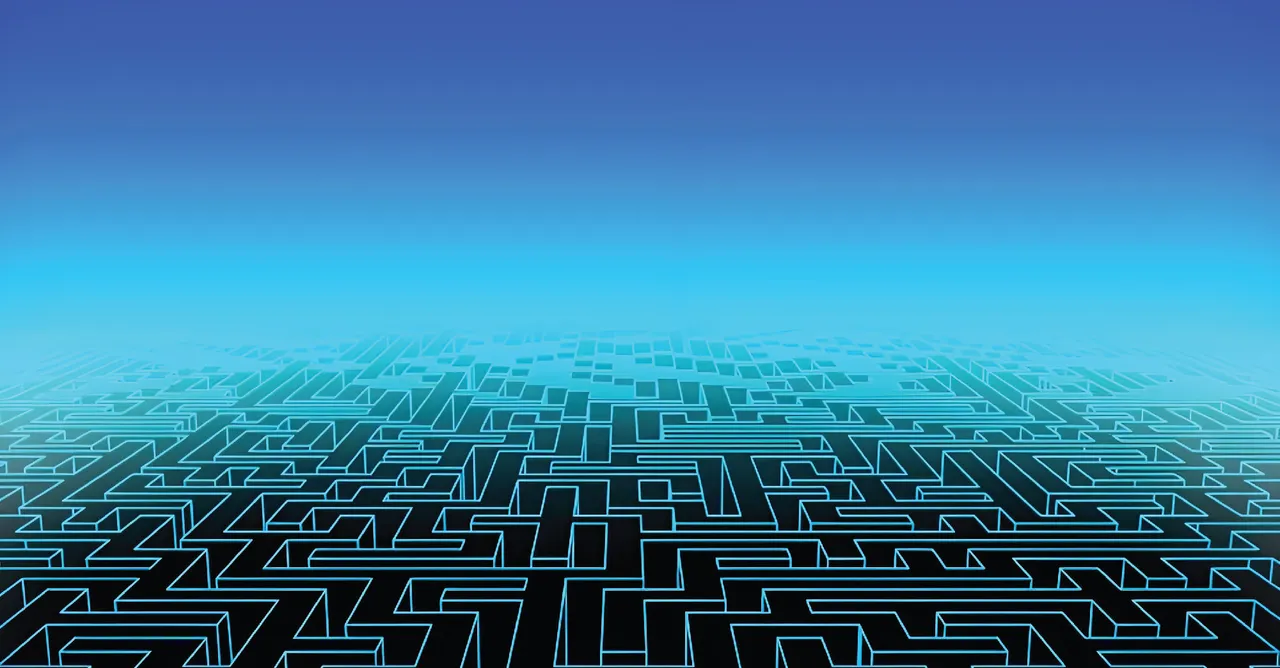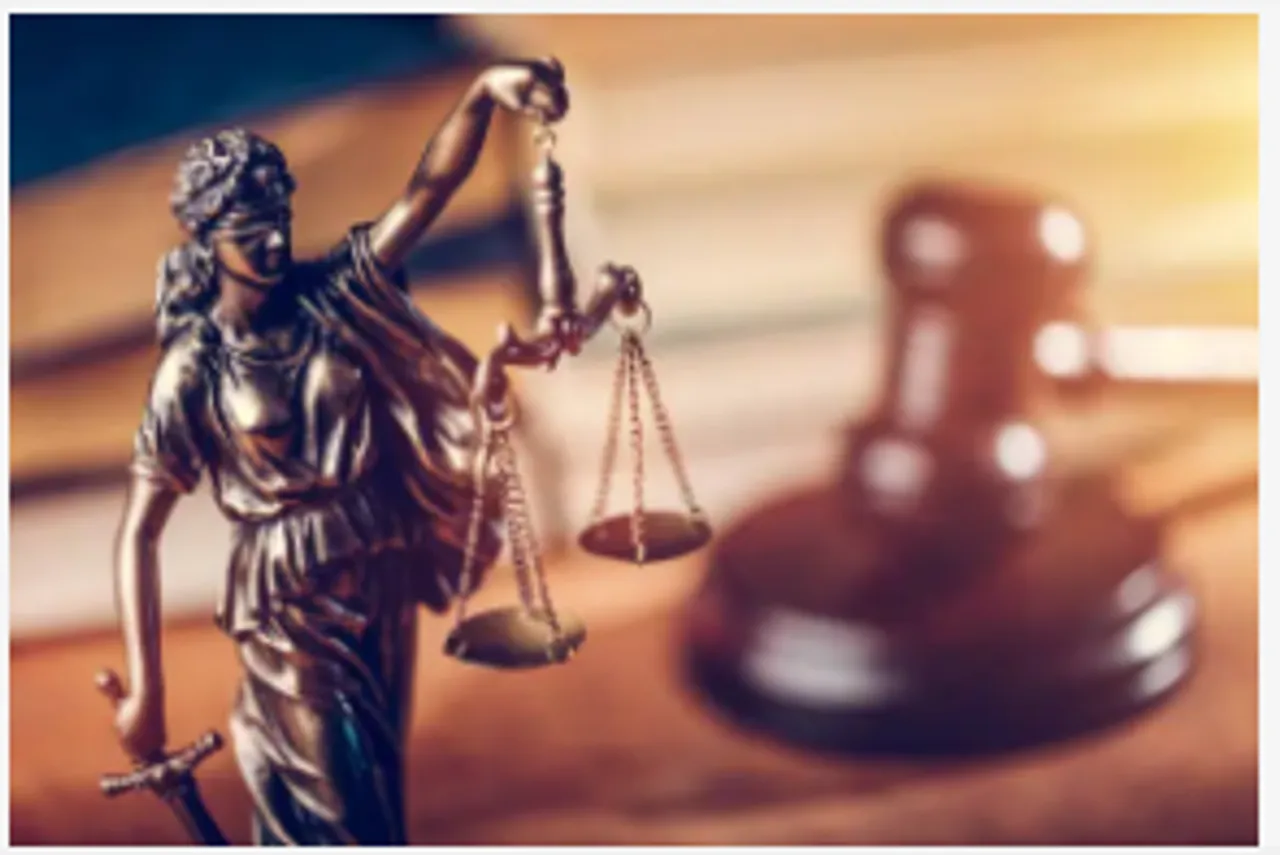Authors
Expertise

In today’s evolving technological landscape, the need for companies to comply with the registration guidelines of the National Office for Technology Acquisition and Promotion (NOTAP) is no more only about the legal obligations and its implications - it is now a strategic necessity! With NOTAP tightening enforcement and pushing for greater commercialization of intellectual property and transfer of technologies, it has become imperative for businesses to navigate these regulations wisely to maximi
Introduction
In today’s evolving technological landscape, the need for companies to comply with the registration guidelines of the National Office for Technology Acquisition and Promotion (NOTAP) is no more only about the legal obligations and its implications - it is now a strategic necessity! With NOTAP tightening enforcement and pushing for greater commercialization of intellectual property and transfer of technologies, it has become imperative for businesses to navigate these regulations wisely to maximize innovation, protect investments and drive economic growth within the country.
We would in the subsequent paragraphs, review specific sections of the NOTAP Act (“the Act”) in relation to the registration of Technology Transfer Agreements (“TTAs”) and the enforcement mechanisms associated with non-compliance with these sections, with the objective of guiding companies and business through the process.
1. Registration of Technology Transfer Agreements:
Section 5 of the NOTAP Act
Section 5 of the NOTAP Act (Application for registration of Contracts and Agreements) provides that:
“(1) Every contract or agreement which on the date of the coming into force of this Act1 had been entered into by any person in Nigeria and which still has effect on the commencement of this Act in relation to any matter referred to in section 4(d) of this Act, shall be registered with the National Office in the prescribed manner not later than six months after the commencement of this Act.
(2) As from the commencement of this Act, every contract or agreement entered into by any person in Nigeria with another person outside Nigeria in relation to any matter referred to in section 4(d) of this Act shall be registered with the National Office in the prescribed manner not later than sixty days from the execution or conclusion thereof.
(3) Every application for the registration of a contract or agreement under this section shall be addressed to the director and shall be accompanied by such number of certified true copies of such contract and agreement and by all other related documents including annexures thereto and such other documents and information as may be specified in any particular case by the director.”
It is deducible from Section 5 of the Act, that there are primarily two categories of agreements that must be registered with NOTAP, and they are:
a. Existing Agreements: that is, any contract or agreement involving technology transfer that was effective before the commencement of the NOTAP Act and such contract or agreement must be registered within six (6) months from the commencement date of the NOTAP Act.
b. New Agreements: any contract or agreement entered into after the commencement of the NOTAP Act and such contract or agreement must be registered with NOTAP within sixty (60) days from its execution or conclusion.
For the purposes of identifying contracts and agreements that are registrable under Section 5 of the NOTAP Act, it should he noted that Section 4(d) mandates that NOTAP shall carry out certain functions including reviewing applications to enable it arrive at its opinion on eligibility for registration. That section specifically reads as follows:
4(d). “the registration of all contracts or agreements having effect in Nigeria on the date of the coming into force of this Act and of all contracts and agreements hereafter entered into, for the transfer of foreign technology to Nigerian parties; and without prejudice to the generality of the foregoing, every such contract or agreement shall be so registrable if its purpose or intent is, in the opinion of the National Office, wholly or partially for or in connection with any of the following purposes, that is to say-
The use of trademarks;
The right to use patented inventions;
The supply of technical expertise in the form of the preparation of plans, diagrams, operating manuals or any other form of technical assistance of any description whatsoever;
The supply of basic or detailed engineering;
The supply of machinery and plant; and
The provision of operating staff or managerial assistance and the training of personnel.”
Section 4(d) will however not apply to agreements and contracts entered into by Nigerians and other parties for the export, exportation or transfer of Nigerian indigenous technology from Nigeria to a foreign country outside Nigeria2.
The statutory text of Section 4(d) of the NOTAP Act, as well as academic authorities3 and NOTAP’s official position as contained in NOTAP revised Guidelines for Registration and Monitoring of Technology Transfer Agreements in Nigeria (“NOTAP Revised Guidelines”)4, are unanimous that only agreements for the inflow of foreign technology into Nigeria fall within the scope of NOTAP registration requirements. This position is also consistent with NOTAP’s administrative practice.
Read more...
Important Notice: The information contained in this Article is intended for general information purposes only and does not create a lawyer-client relationship. It is not intended as legal advice from Jackson, Etti, & Edu (JEE) or the individual author(s), nor intended as a substitute for legal advice on any specific subject matter. Detailed legal counsel should be sought prior to undertaking any legal matter. The information contained in this Article is current to the last update and may change. Last Update: October 1, 2024.







